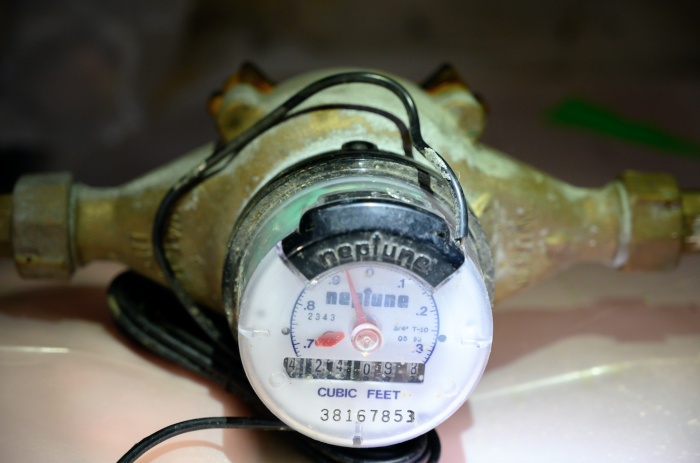John Aspray: Only five Iowa cities have halted water shutoffs during the COVID-19 crisis. The governor has imposed no statewide moratorium. -promoted by Laura Belin
By now it’s clear: access to water, especially for the duration of the coronavirus pandemic, is critically important. If you don’t have running water where you live, complete quarantine and adequate hand-washing are impossible.
Preventing the spread of COVID-19 doesn’t just require us to act carefully individually, it requires us to act responsibly as a society. We need to make sure everyone has access to water to keep ourselves and our communities safe — it’s a matter of life or death.
That’s why, on March 9, 2020, Food & Water Action demanded a nationwide moratorium on water shutoffs due to nonpayment and immediate restoration of water service to all households. A few days later, several high-profile members of the U.S. House of Representatives joined the effort, and helped garner more attention.
Just this week, Representative Brenda Lawrence of Michigan released a letter signed by 80 members of Congress urging Congressional leaders to prioritize a moratorium on water shutoffs and infrastructure funding as part of Phase 4 of the COVID-19 stimulus package. Food & Water Action and more than 230 environmental, social justice, labor, and religious organizations from across the country also signed on in support.
While we continue to push for federal action, cities and states across the country have taken on water justice on their own. Since our initial call, at least 495 municipalities and states have suspended water shutoffs, protecting 185 million people — 56 percent of the U.S. population.
Only five An unknown number of Iowa municipalities have acted to protect water access. Des Moines, Cedar Rapids, Dubuque, Muscatine, and Glidden (Carroll County) have all ordered an end to water shutoffs over unpaid bills until future notice. [CORRECTION/Editor’s note: Readers have pointed out that other cities enacted similar policies without announcing it publicly. A partial list is at the end of this post.] This leadership by local elected officials and municipal utilities should be applauded as they have protected almost 450,000 Iowans from being without water during this crisis. However, these actions only help the Iowans fortunate enough to live in these communities.
Iowa’s state government has put water on the backburner. Governor Kim Reynolds has failed to implement any state policy restricting water shutoffs. The Iowa Utilities Board put into place a moratorium on water shutoffs by any investor-owned water utilities within its jurisdiction. While this move protects an additional 165,000 Iowans from losing their water, it does not protect everyone.
Combined, these moratoriums on water shutoffs cover only around 20 percent of our state’s population.
It’s unconscionable to allow water shutoffs to continue. Iowa is already far behind other states in responding to this pandemic. Right now, 80 percent of Iowa residents could be at risk of losing access to running water in their homes if they can’t afford to pay their water bills. It’s crucial we take every possible step to keep individuals from contracting or spreading the coronavirus disease. We cannot deny people simple preventative measures like hand-washing and expect this pandemic to quickly pass over.
The first step in protecting our public health is providing access to clean water, and there’s only one way to do it. We need an executive order from Reynolds to stop water shutoffs by all water utilities in the state: municipal, cooperative, investor-owned, and private.
Now more than ever, we must demand actions from our elected leaders to take this crisis seriously. Each day the governor fails to take action on water is another day she puts every one of us at risk. You can send an email demanding that Governor Reynolds enact an immediate, statewide moratorium on water shutoffs here, or call her office at 1-866-772-3843.
UPDATE/Editor’s note from Laura Belin: Some readers have commented that many Iowa municipalities, including Ames, Coralville, North Liberty, Williamsburg, and Boone, have quietly halted disconnects from their water systems. Food & Water Watch only tracks cities that announce their policies publicly, or whose policy changes can be independently verified. You can find that tracker, which is updated daily, here.
John Aspray is an Iowa organizer for Food & Water Watch and Food & Water Action, based in Des Moines.
Top image: Residential water meter in Tiffin, Iowa. Photo by “Lost in the Midwest,” available via Shutterstock.

